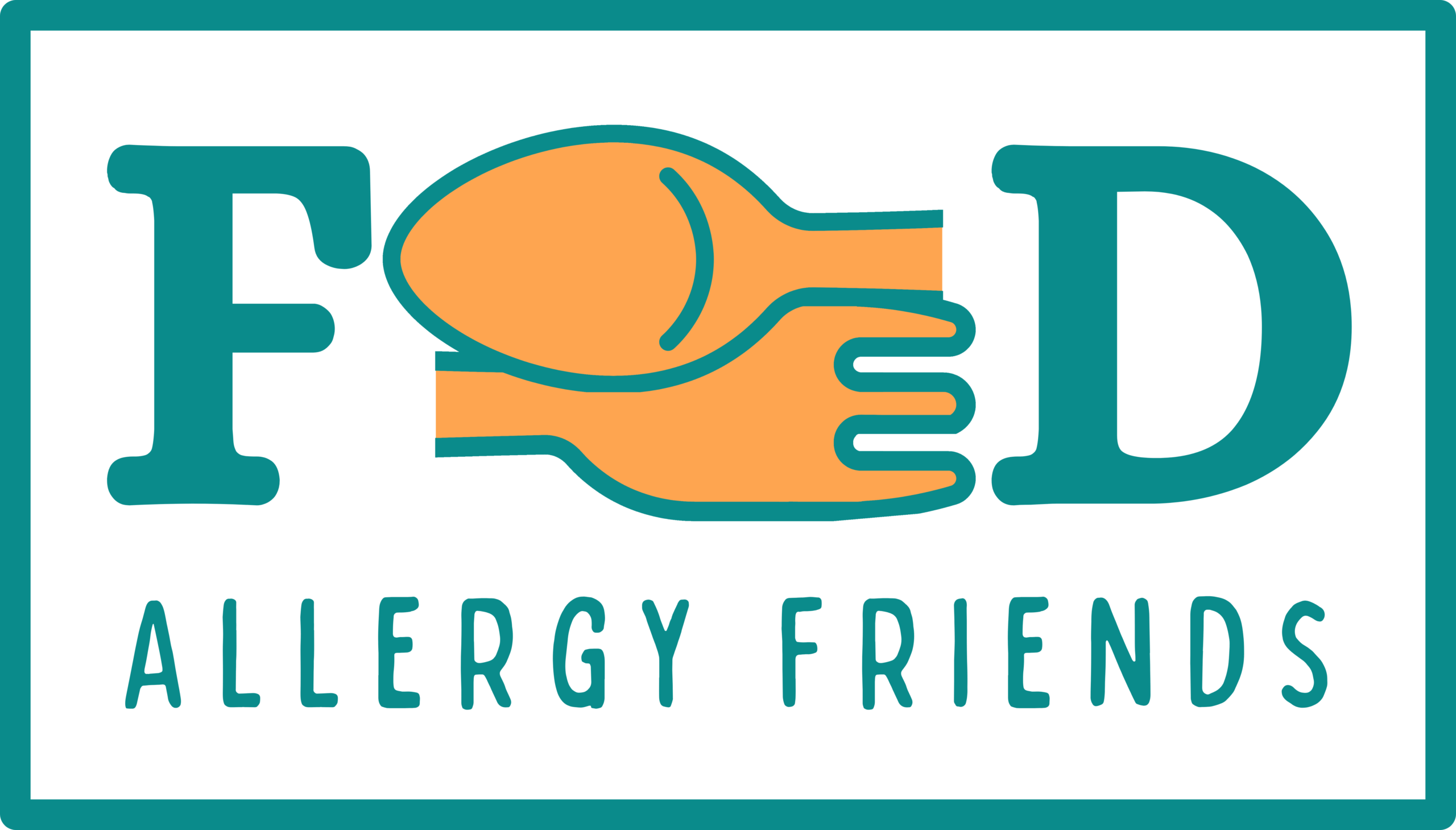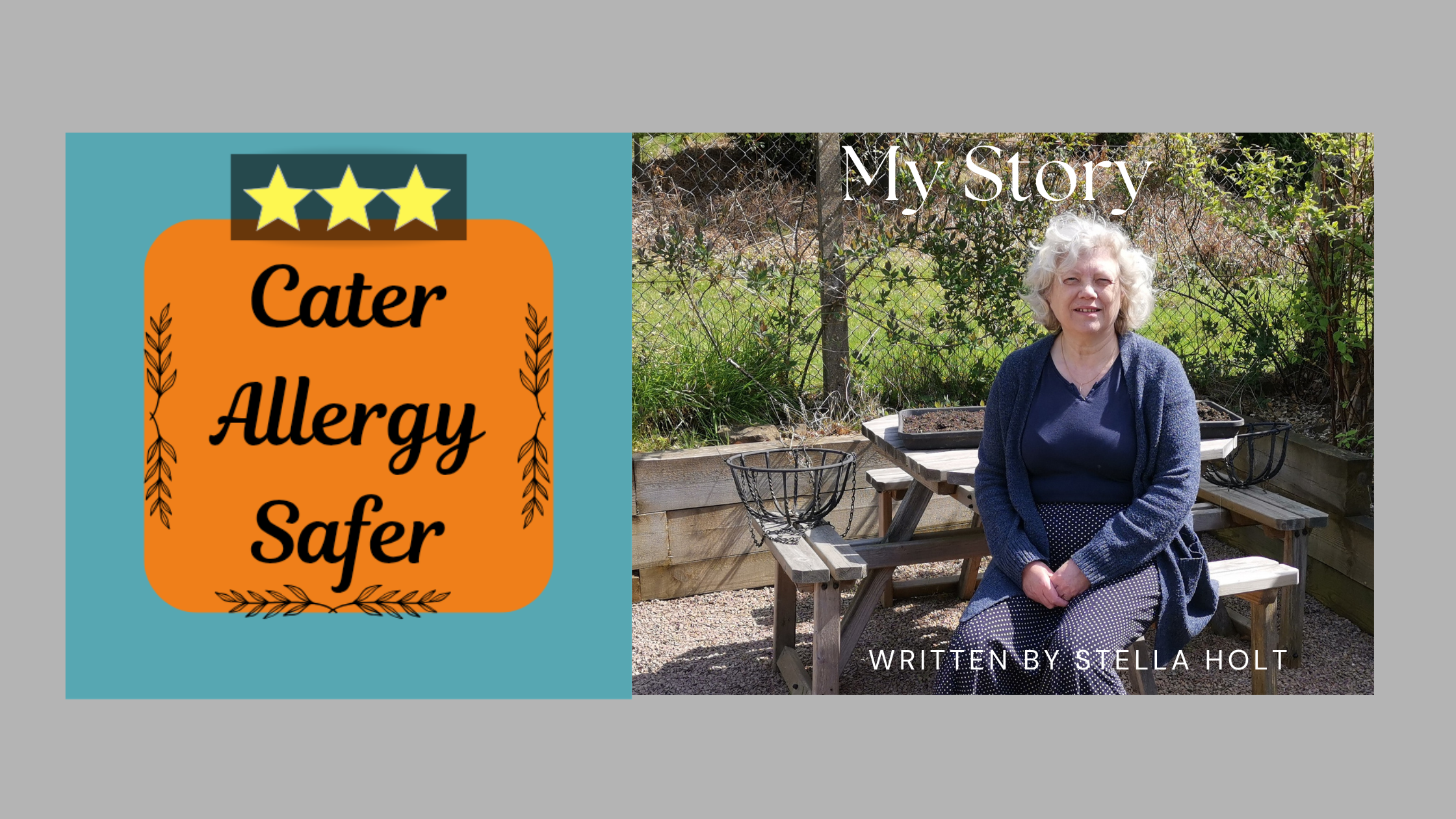It was a lonely existence.
It was a lonely existence
I was bullied for many reasons through my school life. Having the name of Digweed, being slow at everything, being tired, feeling unwell, getting allergy rashes, wearing glasses, being good at singing… These were all ‘good reasons’ for my peers to poke fun at, pick on, and avoid me, I was fair game! I was rarely invited to parties and I kept myself to myself. I didn’t have friends.
Growing up with food allergies
I don’t remember much from before I was 4 years old, but I do remember being sick, my stomach hurting, and being told off and punished for either taking a long time over meals or refusing to eat them. Back in 1966, allergies were almost unheard of. I was labelled a ‘sickly child’, attention seeking, naughty, a slow eater, or ‘fussy’.
The worst was being forced to eat. At school and at home I had to ‘sit there until you’ve eaten it’, with the threat of, ‘I’ll hold your nose!’ if I refused. It was either forced in, or served up again for every meal until it was eaten or mouldy.
Sometimes there was projectile vomiting, sometimes I couldn’t swallow the food, then there were the migraines, constipation and diarrhoea, night-time rushing to the bathroom, (I now know this to have been acid reflux) and lethargy. I was always tired, I still am.

Back then, there was no recognition of such conditions. ‘Oh, she’s got a tummy bug again’, or, ‘children are like that’ was the commonplace thought. I tried to hide being ill, because I was made to feel guilty for ‘being a problem, or making a mess’. Our parents were told ‘they’ll grow out of it’, which is still said by many people.
Yes, it is possible to ‘grow out of’ some allergies, however, it is also possible to grow into more of them. Allergies can change and increase as we age.
Today, children are still bullied and belittled because of all manner of illnesses, particularly allergies. There is no legal obligation for schools to provide for their needs. Medication is often locked away in the school office, instead of being on hand for immediate, lifesaving use.
This is being addressed, though, through organisations such as The Natasha Allergy Research Foundation , The Allergy Team, The Benedict Blythe Foundation Allergy & Education Foundation | Benedict Blythe Foundation , Anaphylaxis UK | Supporting people with serious allergies | Anaphylaxis UK, and Allergy UK | National Charity.Hhowever, there is still along way to ensure the safety of children with allergies.
Time is wasted and lives are put at risk unnecessarily.
Times have changed, and these days children are more valued, respected, and listened to, for which I am grateful. When I was a child, ‘children should be seen and not heard’, and ‘spare the rod and spoil the child’ meant a smack for moving without permission, never mind speaking or having an opinion!
As the years went by, I learned ways to avoid eating, ways to cope with life around food, and how to stand up for myself.
Going to senior school was a Godsend in many ways as I could start to dispose of food and pretend I had eaten it. One day I was asked by the PE teacher if I had lost weight. I told her, ‘No, Miss, I’ve grown taller’.
College was even better because I would tell Mum I’d get a meal at college, and I could avoid the canteen at breaks. As it was catering college, I had to taste the food we made, but I literally had the tiniest jot I could get away with, so it was OK. Thankfully, none of my allergic reactions had been anaphylactic, my main concern was whether I could actually swallow, or if it would stick in my throat.
What did I survive on? Chocolate and sweets, anything that would melt or was soft, otherwise it was small bites swallowed with a drink like a pill.
Read here for more information on the 14 identified allergen groups.
Next time, working in hospitality with food allergies.

